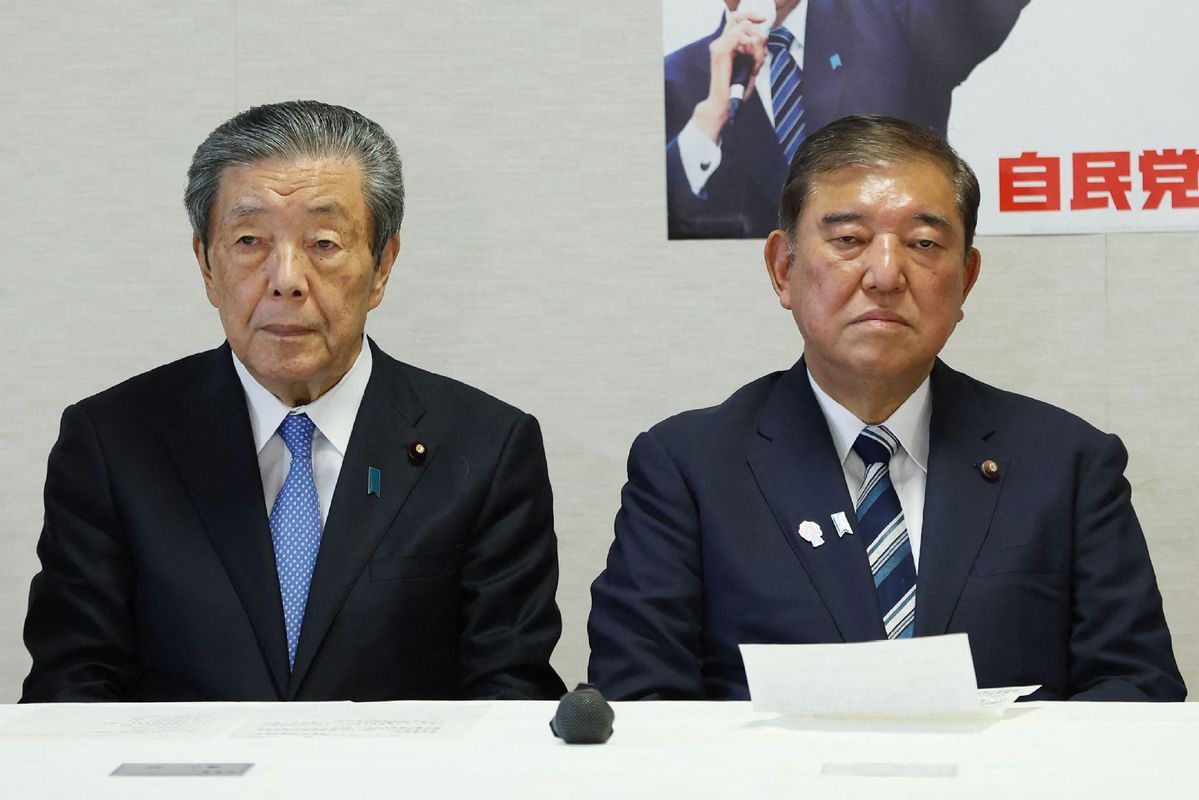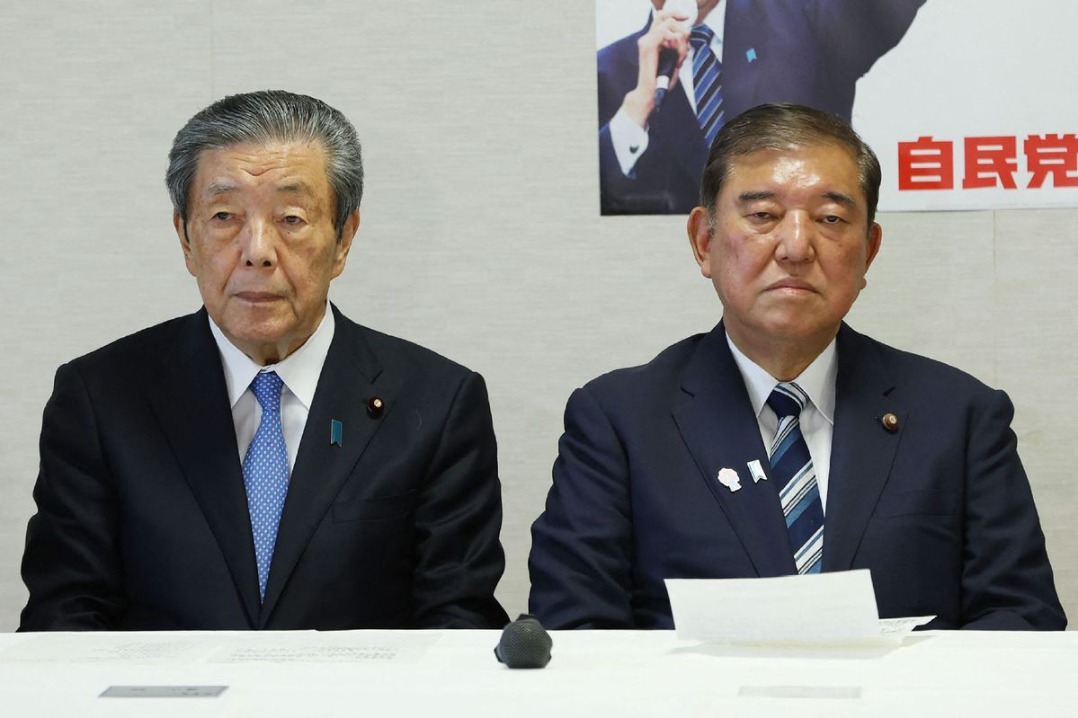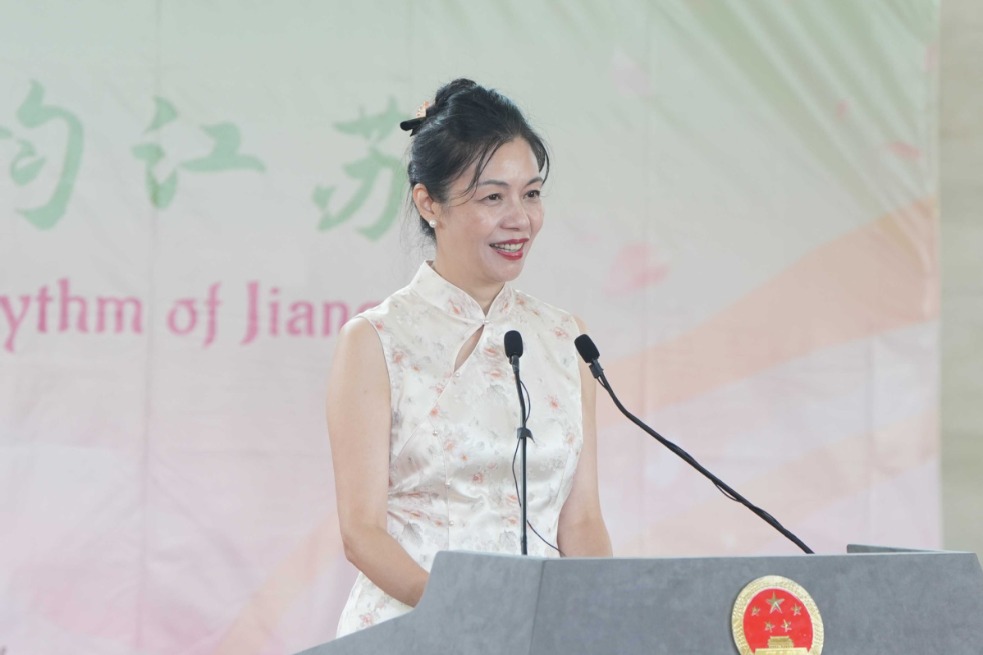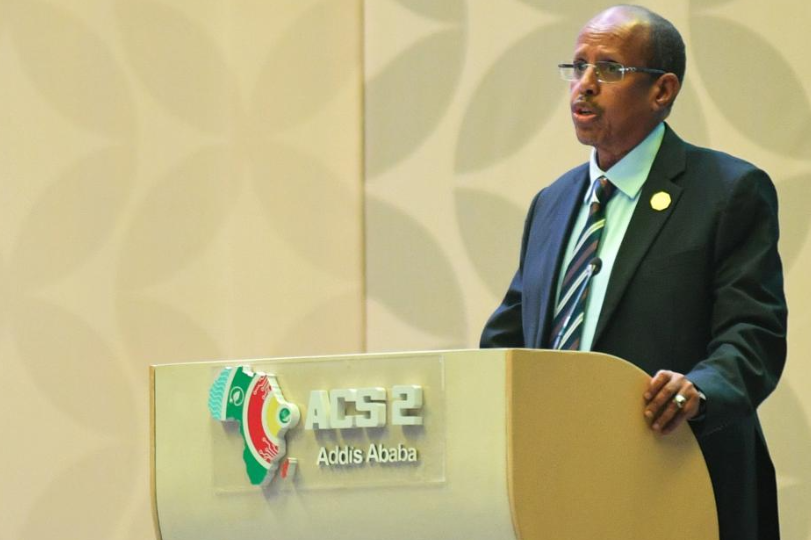Ruling party in Japan to pick new leader on Oct 4


Japan's ruling Liberal Democratic Party has decided to hold a full-scale leadership race, including votes from both lawmakers and rank-and-file members, to choose a successor to Prime Minister Shigeru Ishiba.
The race will be determined by a total of 590 votes: 295 from LDP Diet members and 295 from party members. The candidate who secures a majority will be elected as the new party president.
At the meeting of the party's presidential election management committee held on Tuesday, party executives agreed that the election will be officially announced on Sept 22, with lawmakers casting their ballots on Oct 4.
Ishiba, who also serves as the ruling LDP president, announced on Sunday that he will step down as the LDP head, triggering an early leadership contest within the party. He also said he would not stand as a candidate in the upcoming LDP election.
With Ishiba stepping down, Japan's ruling LDP is gearing up for a fierce leadership race, with key contenders already signaling their bids.
According to Japanese media reports, former foreign minister Toshimitsu Motegi announced on Monday his intention to run, and Chief Cabinet Secretary Yoshimasa Hayashi also decided to run. Other potential contenders include former economic security minister Sanae Takaichi, Agriculture Minister Shinjiro Koizumi and former economic security minister Takayuki Kobayashi.
After the new leader is chosen, the Ishiba administration will convene a special parliamentary session within a few days to select the next prime minister and transfer power.
This means replacing Ishiba is expected to take at least a month.
At an extraordinary executive meeting on Monday, Ichiro Aisawa, chairman of the party's election management committee, said the new party president will serve the remainder of the current prime minister's term, lasting until September 2027, according to Nikkei, a Japanese media outlet.
The new LDP president must still be elected prime minister through the Diet's prime minister designation vote. Given that the LDP-led coalition does not have a parliamentary majority, there is some uncertainty over whether the new party leader can secure the post without difficulty.
However, since the LDP remains the largest party in both houses, it can still obtain majority support in the prime minister vote by joining forces with its coalition partner and courting some smaller parties. At the same time, deep divisions among the opposition make it difficult for them to form a stable alliance.
houjunjie@chinadaily.com.cn































